Frontiers in Development: June 11, 2012
Moderator: Kaj Larsen, Special Investigations and Documentaries Unit at CNN
Emilia Pires, Minister of Finance of Timor-Leste
Sarah Cliffe, Special Advisor and Assistant Secretary General for Civilian Capacities, United Nations
Nancy Lindborg, Assistant Administrator for the Bureau of Democracy, Conflict and Humanitarian Assistance, USAID
Mark Schneider, Vice President of the International Crisis Group
The consensus among major donors reflected in the New Deal for Engagement in Fragile States underlines the importance of country-owned processes in developing and strengthening more inclusive and legitimate governing institutions. Indeed, research makes it clear that more legitimate governing institutions reduce the risks of violent conflict. What, then, are the appropriate development priorities for improving governance, especially for the purposes of long-term conflict prevention? In forming partnerships and strategies to transition out of fragility, what are the best ideas for establishing mutual accountability between countries and donor partners, and between host governments and their respective societies? Ambitious initiatives for tackling fragility will require significant investments with uncertain results and will, of course, entail the risks of setbacks and failures. How do we move from risk aversion to risk sharing in this frame?








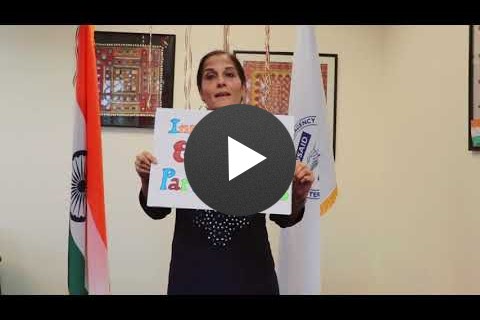

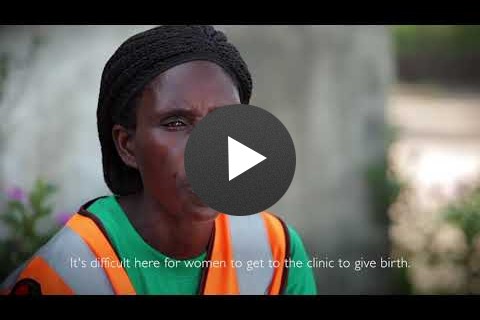
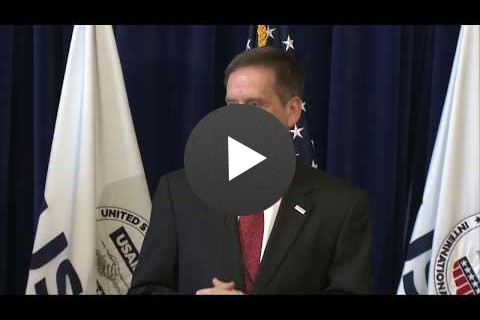
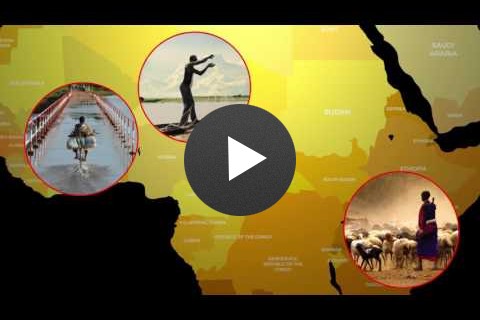

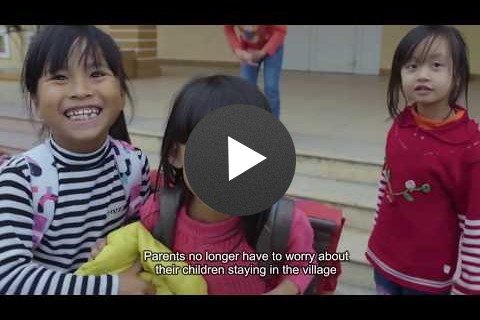
Comment
Make a general inquiry or suggest an improvement.